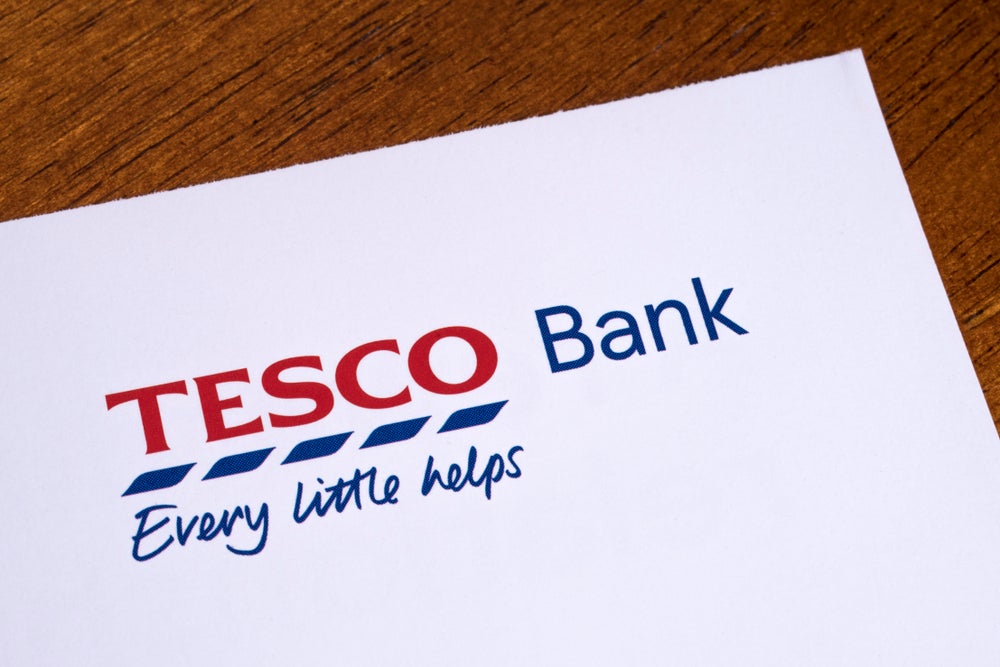
Among many interesting observations, Andrew Bailey discussed the current depressed valuation of UK banks when he spoke at Loughborough Business School on 12 February.
UKs banks are trading below their book value. Indeed, in many cases, well below book value. In simple terms, that suggests that investors believe they will lose money on their activities. UK lenders are trading at much lower stock market valuations than their peers in the US and Canada and elsewhere.
Bailey said: One remaining puzzle is the market valuation of the large UK banks, which by the way is not uniform unsurprisingly. With interest margins restored to more normal levels, and loan impairments subdued by historical standards, this puzzle deserves further study.”
60 assistants – to draft a lecture
A puzzle not just for Bailey, but for those who assisted him in writing his lecture. They all got a name-check. How many assistants might one think one needs to write a lecture of under 5,000 words? Two, three..four assistants? Try 60. Yes, 60. Not a misprint.
While Bailey and his 60-assistant speech-writers could not answer why UK banks trade so far below book value, he was certain that two oft-repeat explanations for current values were wide of the mark. Higher regulatory capital requirements are not to blame, said Bailey. He added that the other regular excuse, that other countries banks trade at a premium as requirements differ across national jurisdictions and this influences valuations, is also not the reason.
And to be fair, he is right to reference that capital requirements for banks are shaped by international agreement, i.e the Basel process. There will be differences in implementation at the edges, but the outcomes are broadly aligned.

US Tariffs are shifting - will you react or anticipate?
Don’t let policy changes catch you off guard. Stay proactive with real-time data and expert analysis.
By GlobalData0.7: the average price-to-book value of major UK banks
The fact remains that the average price-to-tangible book ratio for major UK banks, that is how the market values them relative to their book or accounting values adjusted for intangibles such as goodwill, is just 0.7.
He said that the cost of risk, the return equity investors demand, does not seem to have fallen in line with what appears to be greater stability and lower risk per unit of equity since the crisis. The cost of equity remains at pre-crisis levels even though it was clearly mispriced before the crisis. He suggested that this may be because investors don’t accept the story of greater stability. Perhaps it does take time to build up the story of greater stability and for it to be put to the test. But the UK banks have come through some pretty extraordinary times pretty well since the crisis.
UK banking consolidation is overdue
For what it is worth, I’ll chuck in another possible explanation and one he did not reference at all. There are too many UK banks. There is a need for consolidation in the market. Too many new licences have been granted to neobanks that will never come close to breaking even, let alone turn a profit.
At least the UK supermarkets are now seeing sense, such as Tesco selling the bulk of its banking operation to Barclays.
We have already witnessed some signs of overdue consolidation in the past year. Current levels of interest rates will continue to place pressure on funding costs.
On a personal level, there is some sadness that Tesco’s banking ambitions did not come to pass. I recall, fondly, interviewing then Tesco Bank CEO, Benny Higgins in 2011. I believe the interview is still on the RBI website. He is truly one of the outstanding retail bankers of his generation. We came from the same part of Scotland, and got on well-provided we did not discuss football too seriously. He supports, indeed played at youth level for the second-most successful football team in Glasgow-the writer follows their much more illustrious local rivals.
He showed rather better judgement when it came to selecting a top-notch team at Tesco Bank. As the bank was based only a couple of miles from my flat in Edinburgh, I got to know a few of them quite well. They really did believe in Higgins and were well aware of his distinguished track record. It was an honour to chair a Chatham House roundtable -thanks Fiserv-in or about 2012, as Tesco launched its current account. Wisely, Tesco is now focusing on its core business.
It would be no bad thing if the Barclays/Tesco deal is just the first of a series of M&A banking deals across the sector.








